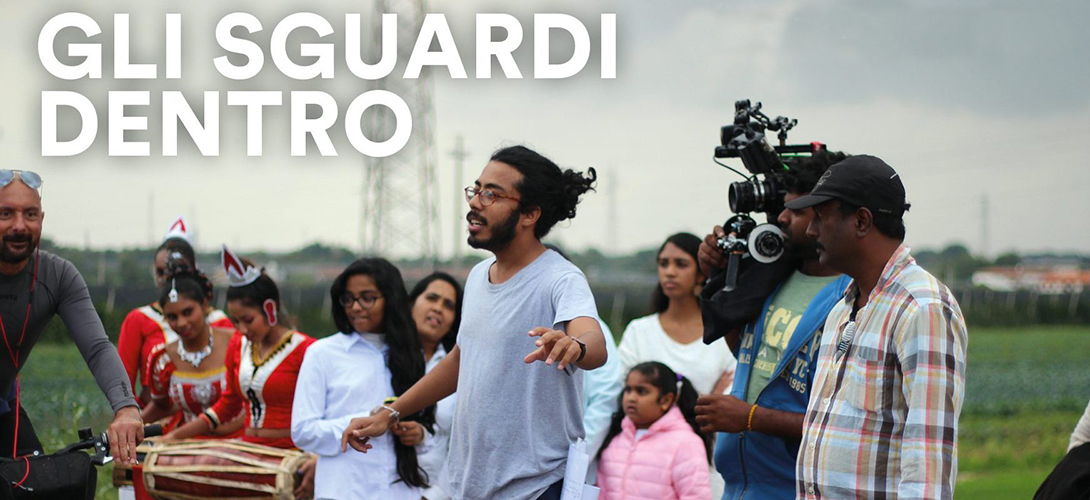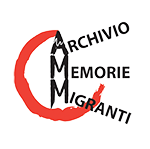The Migrant Memories Network Collection (FRMM) hosted at the Istituto Centrale per i Beni Sonori e Audiovisivi (Central Institute for Sound and Audiovisual Heritage) in Rome contains audiovisual material on transnational memory and mobility in Italy. The collection originates in the Agreement signed in 2012 between the Archive of migrant memories, Circolo Gianni Bosio, the University of Naples “L’Orientale” and the Central Institute for Sound and Audiovisual Heritage. In 2021 the Agreement was renegotiated between AMM, Circolo Gianni Bosio, the Global Humanities degree course at the University of Rome “La Sapienza”, the National Diary Archive of Pieve S. Stefano (DiMMi project) and the Central Institute for Sound and Audiovisual Heritage.
The main objective of FRMM is the conservation of the documentary heritage produced by people who inhabit and cross over intercultural contexts and the creation of a network of different subjects involved in recording social and cultural interactions currently at work in Italy. The collection pays specific attention to the conservation of audio and video documents created by people coming from different historical, cultural, social, and linguistic migration experiences, on the increase in the country. This means giving priority to modes of listening, research and documentation that share the same interactive and participatory methods employed in archiving and circulating the results obtained.
The collection comprises memoirs, narratives, music, writing, sound and video testimonies – produced by foreign communities in Italy and particularly migrants, refugees, and asylum seekers – which become part of the national heritage and can be accessed by the public once they are included in the Network and in ICBSA’s conservation and valorization system.

Objectives
– collect memoirs, music, testimonies and oral and audiovisual narratives in order to reconstruct experiences of transnational mobility and integration regarding people of migrant origin in Italy and to increase and disseminate information and awareness about the complex processes of co-existence and intercultural interaction in this country;
– produce educational audio-visual documents on practices of reception and inclusion for foreign migrants, refugees and asylum seekers intended for circulation in schools, gathering places, diasporic communities and meeting places;
– link today’s experience of migration to that of European and Italian emigration in the past, underlining the difficulties and suffering it induces but also its positive effects in producing a more variegated and flexible development of the human condition;
– acknowledge memories of the experience of otherness in Italy as a valid documentary source, giving official and professional recognition to a process that hitherto has mainly involved members of civil society. Support from universities and national archives will help to achieve the standards enabling the preservation, archiving and use of the material collected by the different partners.
Working methods
1) Members of the Network are free to decide whether or not to deposit original material or copies in order to ensure the best available mode of preservation. Ownership is retained by the depositors.
2) The material enters the public domain once it has become part of the Network and the ICBSA FRMM Collection. The methods used for managing and incorporating individual materials are decided on case by case.
3) Cataloguing follows the system adopted by ICBSA, in line with the support used for the storage of the original material. ICBSA will provide an index card model to be filled in as each source is created; methods will be found to ensure communication between individual databases and the ICBSA database.
4) Digitisation of material to be deposited will either be carried out by ICBSA directly, or by individual partners of the Network, with specialized support from the Institute.
5) ICBSA, in agreement with the partners of the Network, will make available its centralized structure and central and peripheral services of access and consultation in order to guarantee complete visibility to the Network’s material on parallel lines to that provided by the partners independently, thereby ensuring variegated, multidirectional forms of access to the material.
